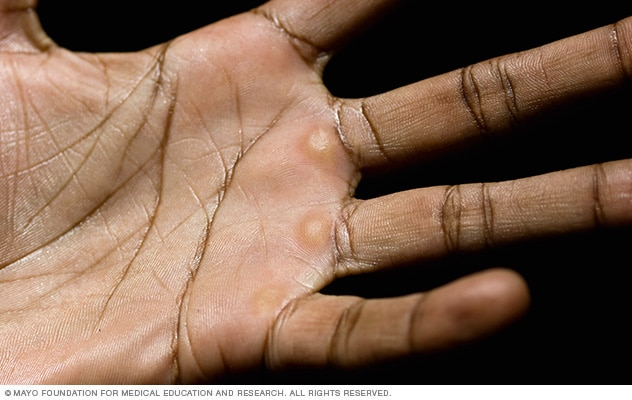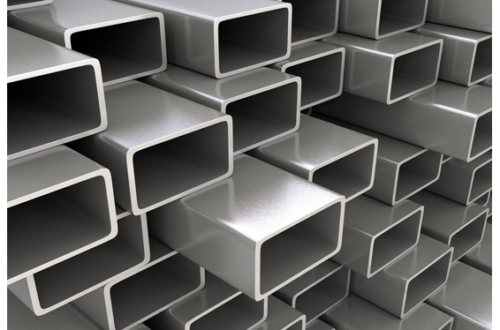Corns on fingers might seem like a small issue, but they can cause significant discomfort and affect your daily life. If you’re dealing with corn, knowing when to seek medical help is crucial. This guide will help you understand the signs that indicate it’s time to consult a doctor and explore the treatments available, including corn on finger treatment and corn foot surgery.
What Are Corns?
Corns are thickened areas of skin that form due to repeated friction or pressure. While they are more commonly found on feet, they can also appear on fingers. There are two main types:-
- Hard Corns: These are small, tough areas of skin with a hard centre. They often develop on the tops or sides of fingers.
- Soft Corns: Found in moist areas, these are softer and more flexible compared to hard corns.
Though less common on fingers than on feet, corns on fingers can still be painful and troublesome.
Signs You Need to See a Doctor
Knowing when to seek medical advice is important for effective treatment. Here are some signs that indicate you should see a doctor:-
- Persistent Pain: If your corn is causing ongoing pain that doesn’t improve with home care, it’s time to consult a professional. Persistent pain can affect your ability to carry out daily tasks and may require medical intervention.
- Signs of Infection: If you notice redness, swelling, warmth, or discharge from the corn, these could be signs of an infection. Infections need prompt medical treatment to prevent them from worsening.
- Changes in Skin Colour: Any significant changes in the color of the skin around the corn, such as darkening or bruising, should be evaluated by a doctor. These changes could signal a more serious issue.
- Difficulty Moving the Finger: If the corn is affecting your finger’s mobility or causing joint pain, it’s important to seek medical advice. A doctor can check if the corn is impacting nearby joints or tendons.
- Underlying Health Conditions: Individuals with conditions like diabetes or poor circulation should see a doctor if they develop corns. These conditions can complicate healing and increase the risk of further problems.
- Recurrent Corns: If corns keep coming back despite your best efforts, a doctor can help identify the underlying cause and suggest effective treatments.
Managing Corns at Home
Before you see a doctor, you might try some home remedies for minor corns:-
- Soaking: Soak the affected finger in warm, soapy water to soften the corn. After soaking, gently rub the corn with a pumice stone or emery board.
- Moisturizing: Apply a moisturizing lotion to keep the skin soft and reduce thickening.
- Protective Pads: Use bandages or padding to reduce friction and pressure on the corn.
- Proper Gloves: If your corn is caused by repetitive work, wearing well-fitted, cushioned gloves can help.
Professional Treatments for Corns
If home remedies don’t work, or if you have serious symptoms, professional treatment may be necessary. Here’s what a doctor might recommend:-
- Corn on Finger Treatment: Your doctor may use various treatments to address corns. This can include topical medications to soften the corn or special techniques to remove the thickened skin.
- Cryotherapy: This involves freezing the corn with liquid nitrogen. This method can be effective for removing the corn and is usually done in a doctor’s office.
- Surgical Removal: In cases where the corn is stubborn or problematic, a minor surgical procedure may be needed to remove it. This procedure is generally performed under local anaesthesia.
- Custom Solutions: If your corn is due to structural issues or repetitive stress, your doctor might suggest custom solutions like orthotics or changes to your work environment.
Prevention Tips
To prevent corn from developing or recurring, consider these tips:-
- Avoid Friction: Identify and reduce sources of friction or pressure on your fingers. For example, use protective gloves if you’re doing repetitive tasks.
- Maintain Good Hand Hygiene: Keep your hands clean and moisturized to prevent skin issues.
- Regular Check-ups: If you have a condition like diabetes or poor circulation, regular check-ups can help manage skin health and prevent complications.
Concluding Remarks
Corns on fingers can be more than just a minor inconvenience; they can affect your comfort and daily activities. Recognizing when to seek medical help is crucial for effective treatment and to avoid complications. Whether you need corn on finger treatment or have questions about more serious procedures like corn foot surgery, consulting a healthcare professional is key. By addressing corns promptly and following professional advice, you can manage the condition effectively and reduce the risk of future problems. If you’re experiencing persistent pain, signs of infection, or other concerning symptoms, don’t hesitate to seek medical help. Taking care of your skin and addressing issues early can lead to better outcomes and improved comfort. Smart Surgeons is a top-notch medical establishment and provides reliable corn treatment.





